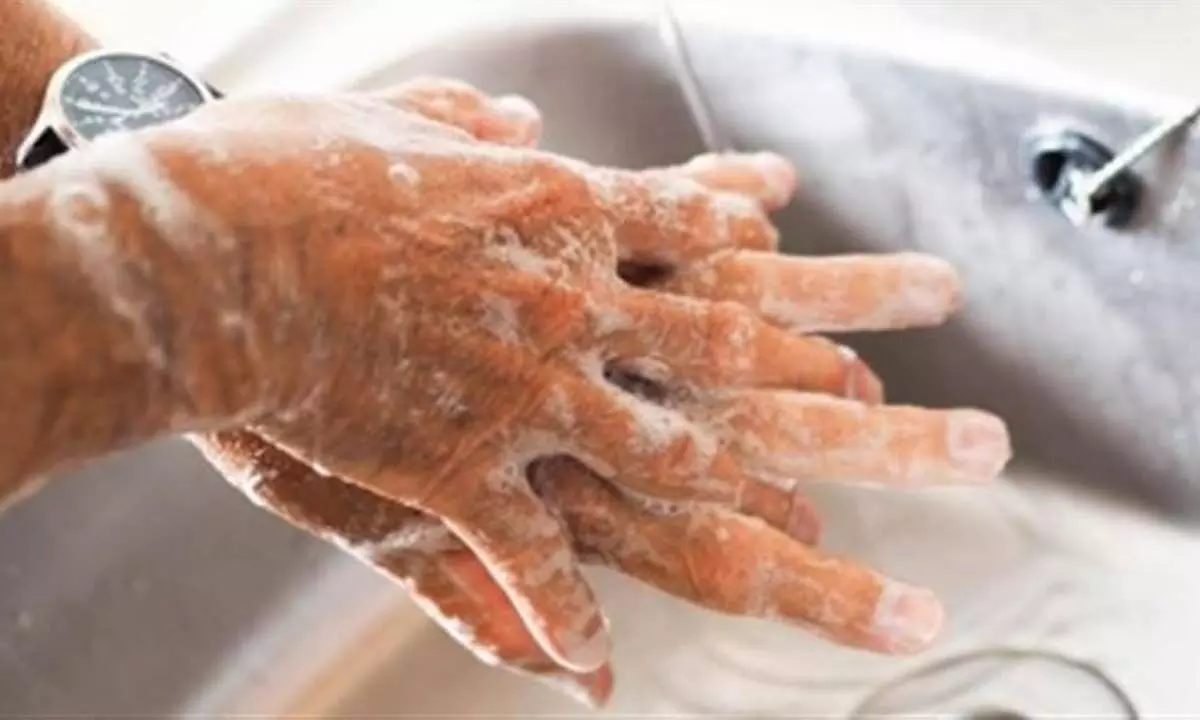Study now links antibiotic resistance to hand soaps, toothpastes

Triclosan, a chemical often included in household items like hand soaps, toothpastes, and cleaning products to fight off bacteria, has now been linked to antibiotic resistance.
Triclosan, a chemical often included in household items like hand soaps, toothpastes, and cleaning products to fight off bacteria, has now been linked to antibiotic resistance.
According to the study by assistant Professor Hui Peng's research group at University of Toronto, among thousands of co-occurring chemicals in the sludge, triclosan was found to be the predominant antibacterial compound impacting E. coli.
Antibiotic-resistant bacteria -- also commonly known as "superbugs" -- are strains of bacteria that are not killed by antibiotics.
They are produced when continuous exposure to antibiotics causes bacteria to evolve over several generations to survive antibiotic effects.
These bacteria can be very dangerous to humans, especially those with impaired immune systems. Between 2014 and 2016, there were 700,000 deaths around the world attributed to antibiotic resistance.
"Since there are so many different antibiotics in the sewage sludge, we were surprised to find that the majority of antibacterial activity of the sludge could be directly linked to triclosan alone," said Holly Barrett, a PhD candidate in the Peng group and lead author on the study.
The findings were published in the journal Environmental Science & Technology.
In 2016, the US Food and Drug Administration banned triclosan from being used in antibacterial liquid soaps, and then a year later from being used in topical antiseptics found in healthcare settings.
Currently, there are limited regulations on triclosan in Canada, and Health Canada deems triclosan as safe for use in a variety of consumer products at specified levels.
"I think our results demonstrate that there is an urgent need for regulatory agencies in Canada to re-evaluate the use of triclosan," says Barrett.
"It's still used in thousands of different household and cosmetic products as well as in healthcare settings. While there are a few regulations in place to restrict the maximum amount of triclosan allowed in consumer products, even very low levels of this chemical may cause antibiotic resistant bacteria to form over time," the researcher noted.

















